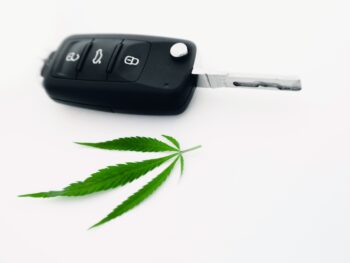Fleets have duty of care to clamp down on drug-driving, says TTC
TTC has called on fleets to take a responsible, proactive approach to reducing the risk of drug-driving amid spiralling figures.

Drug-driving collisions have risen by 170% in less than a decade
Latest Department of Transport (DfT) data reveals drug-driving collisions have increased by 170% in less than a decade, and TTC has warned fleets to “stop burying their heads in the sand” on the problem.
The driver training and compliance expert has urged businesses operating grey, company car and commercial fleets to take a more hands-on approach.
Andy Wheeler, training manager at TTC, said: “With drug-driving significantly on the increase, employers must underscore its socially unacceptable dangers. Making sure drivers are properly informed, acknowledge and respect a company-wide policy that includes drug screening and are willing to undertake training is vital. By taking a dignified, responsible approach to awareness and behaviour change, employers can positively influence their employees’ lifestyles in and out of work.”
In the winter 2023 drink- and drug-driving operation carried out by UK police forces, 49% of roadside drug tests conducted were positive, compared to 9.5% of breath tests for alcohol.
TTC has warned that while it’s clear that while the legal implications of drink-driving are widely understood, the consequences of drug-driving are woefully unrecognised.
Wheeler continued: “The fact that almost half of drug-driving tests last December were positive represents a potential and staggering 675k fleet drivers that were on our roads, driving at risk to themselves and others. The latest DfT data also reported that road fatalities linked to drug-driving increased by 164% in less than a decade.
“Whilst many in the fleet sector are positively addressing the challenge of drug-driving, unless we take a unified stand, the DfT figures are sadly only likely to rise.”














